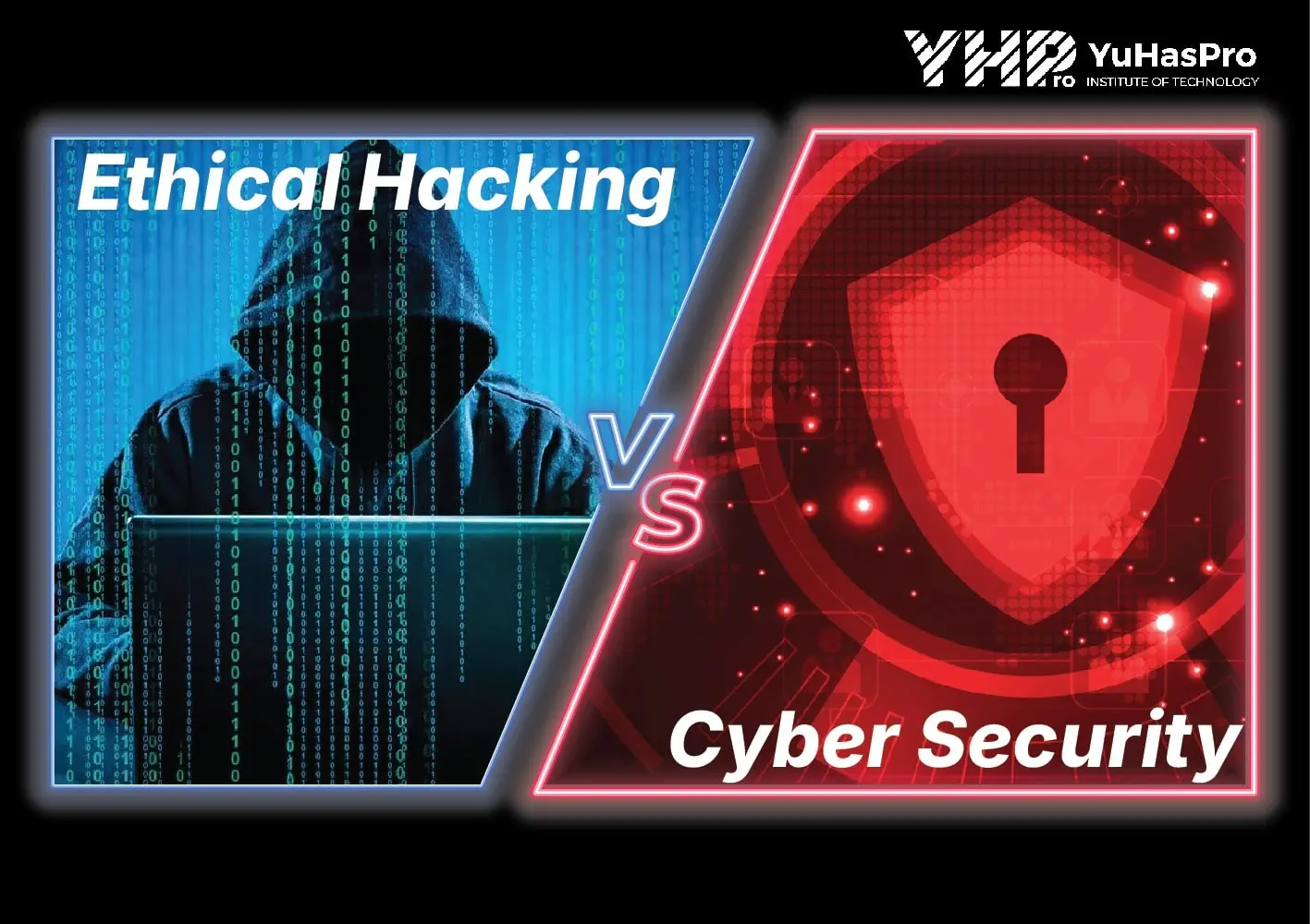SHORT OVERVIEW
Ever wondered who stops hackers from stealing your data? That could be you. Starting a career in cybersecurity as a student can be exciting and rewarding. You don’t need to be an expert right away.
With some effort, you can learn the basics, gain experience, and land your first job. Here’s how to get started the smart and simple way.
What is Cybersecurity?
Cybersecurity is all about protecting data, devices, and networks from hackers. It keeps personal, financial, and company information safe from cyber threats. A career in cybersecurity means you’ll help stop cybercrime and make the digital world safer. This field is growing fast and is always in demand.
How to Get into Cybersecurity with No Experience
Starting with no experience is okay. Many students begin from scratch. You just need the right path and guidance. Here’s what you can do:
1. Learn the Basics Online
Begin by watching beginner-level YouTube videos to learn about cybersecurity. Focus on simple topics, such as network safety and how hacking works.
2. Explore Cybersecurity Blogs and Forums
Stay updated with real-world stories and cyber news. This helps you understand current threats.
3. Join Cybersecurity Chat Groups
Your college or community may have student groups. These are great for sharing tips and learning together.
4. Try Free Labs and Simulators
Websites like TryHackMe and Hack The Box offer free tools to practice skills hands-on.
5. Follow Experts on Social Media
Get daily tips from cybersecurity pros and stay inspired by their career journeys.
Enroll in a beginner-friendly cybersecurity course with placement support and become job-ready.
How to Become a Cybersecurity Expert as a Student
With the right steps, tools, and mindset, you can begin your journey as a student and become a skilled cybersecurity professional over time. Here’s how to move forward with confidence:
1. Choose a Clear Cybersecurity Career Path
Cybersecurity has many roles: ethical hacker, network defender, SOC analyst, malware researcher, and more. Spend time exploring these options. Watch videos, read job descriptions, and talk to professionals to see what excites you the most.
2. Get Cybersecurity Certifications
Begin with beginner-friendly cybersecurity certifications like CompTIA IT Fundamentals, Google Cybersecurity Certificate, or CompTIA Security+. They show employers that you have the required skills.
3. Build a Home Lab
Set up a lab on your laptop or desktop using free tools like VirtualBox or VMware. Install Linux, practise basic terminal commands, and explore open-source tools like Wireshark, Nmap, and Metasploit.
4. Take Online Quizzes and Practice Tests
Use platforms like Cybrary, Skillset, or exam-specific sites to test your knowledge. Quizzes help you spot weak areas and prepare for interviews and exams. Some even simulate real certification test formats to make you more confident.
5. Create a Cybersecurity Portfolio
Start documenting your learning journey. Include projects like solving Capture The Flag (CTF) challenges, lab setups, or vulnerability reports. A GitHub page or blog can showcase your skills to employers and help you stand out in interviews.
Becoming a cybersecurity expert doesn’t happen overnight, but with small, steady steps, it’s possible as a student. The key is to stay curious, practise often, and build your skills with real-world tools.
Entry-Level Cybersecurity Jobs for College Students
There are jobs and gigs perfect for students just starting.
1. IT Help Desk or Tech Support
These jobs teach you basic computer and network troubleshooting, which is great for beginners.
2. Junior Cybersecurity Analyst
Some companies hire students for part-time analyst roles. It’s a great way to learn real-world tasks.
3. Bug Bounty Programs
Find and report software bugs. You can even earn money doing this in your free time.
4. Freelance Security Testing
Offer basic testing for small websites. Use what you’ve learnt to help others.
Join YuHasPro’s cybersecurity course with placement support and get the skills, tools, and guidance you need to qualify for cybersecurity jobs.
How Students Can Prepare for a Cybersecurity Internship
Internships are a smart way to break into the field and gain experience.
1. Learn the Basics Before Applying
Know key tools like Wireshark or basic Linux commands. Internships prefer students who have basic knowledge.
2. Join Workshops and Bootcamps
These help you learn fast and meet other learners. They’re a great help for your resume and connection-building.
3. Set Up Your LinkedIn
Make your profile student-friendly. List your certifications and school projects.
4. Connect with Cybersecurity Mentors
Ask questions, seek advice, and grow your network.
5. Be Curious and Ask Questions
During your internship, show you’re eager to learn. It can lead to full-time roles.
Why Choose YuHasPro for a Cybersecurity Course
YuHasPro offers easy-to-follow, career-focused cybersecurity courses designed for students and working professionals. With practical training and expert support, it helps you build real skills and confidently start your cybersecurity journey.
- Student-friendly, practical course structure
- Covers tools and tasks used in real jobs.
- Guides you in choosing the right career path.
- Get an industry-recognised certification.
- Ideal for those looking to get into cybersecurity with no experience.
- Offers mentorship and job placement support
FAQs
- Can I start a cybersecurity career while still studying in college?
You can begin learning and practising skills and even apply for internships or small jobs while you’re still studying in college.
- What skills are most in demand in the cybersecurity industry?
Important skills include network security, ethical hacking, Linux basics, risk analysis, using tools like Wireshark, and knowing how to find and fix threats.
- Will I receive a certificate after the course?
After finishing the course, you get an industry-recognised certificate that proves your skills and helps in getting job opportunities.
- Does YuHasPro provide placement assistance after the course?
YuHasPro supports you with resume building, mock interviews, and job connections and guides you to apply for entry-level cybersecurity roles.
- What makes YuHasPro’s cybersecurity course different from others?
The course is beginner-friendly and hands-on, offers expert support and real tools, and includes mentorship and job help to start your career strong.



